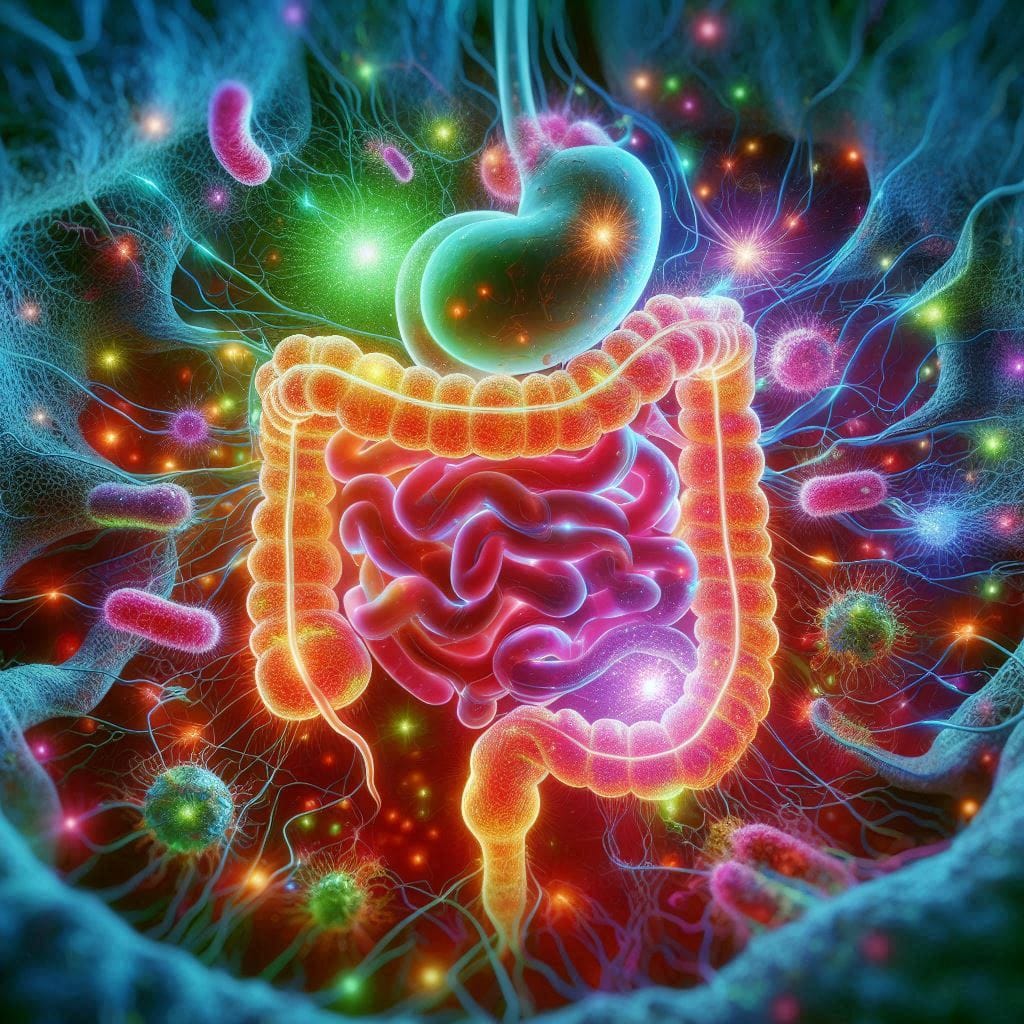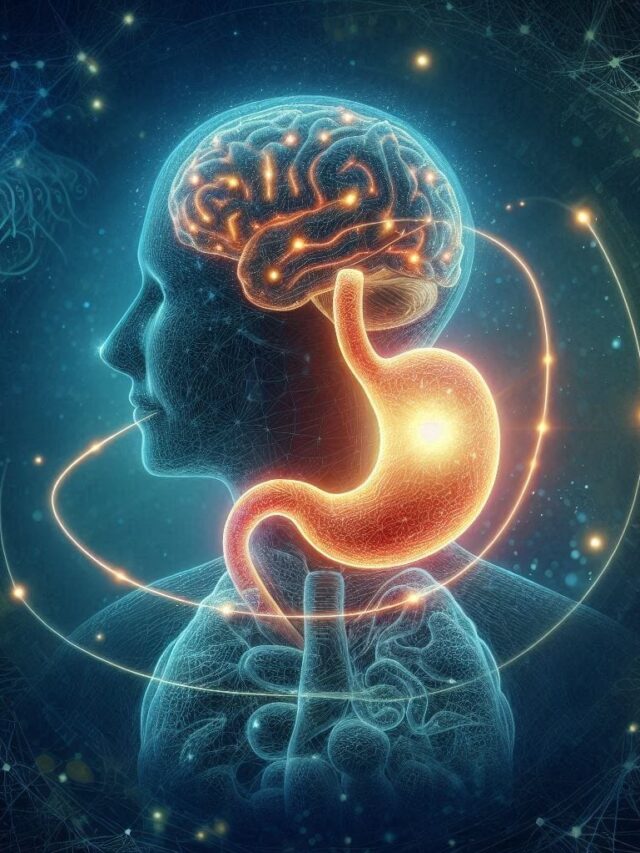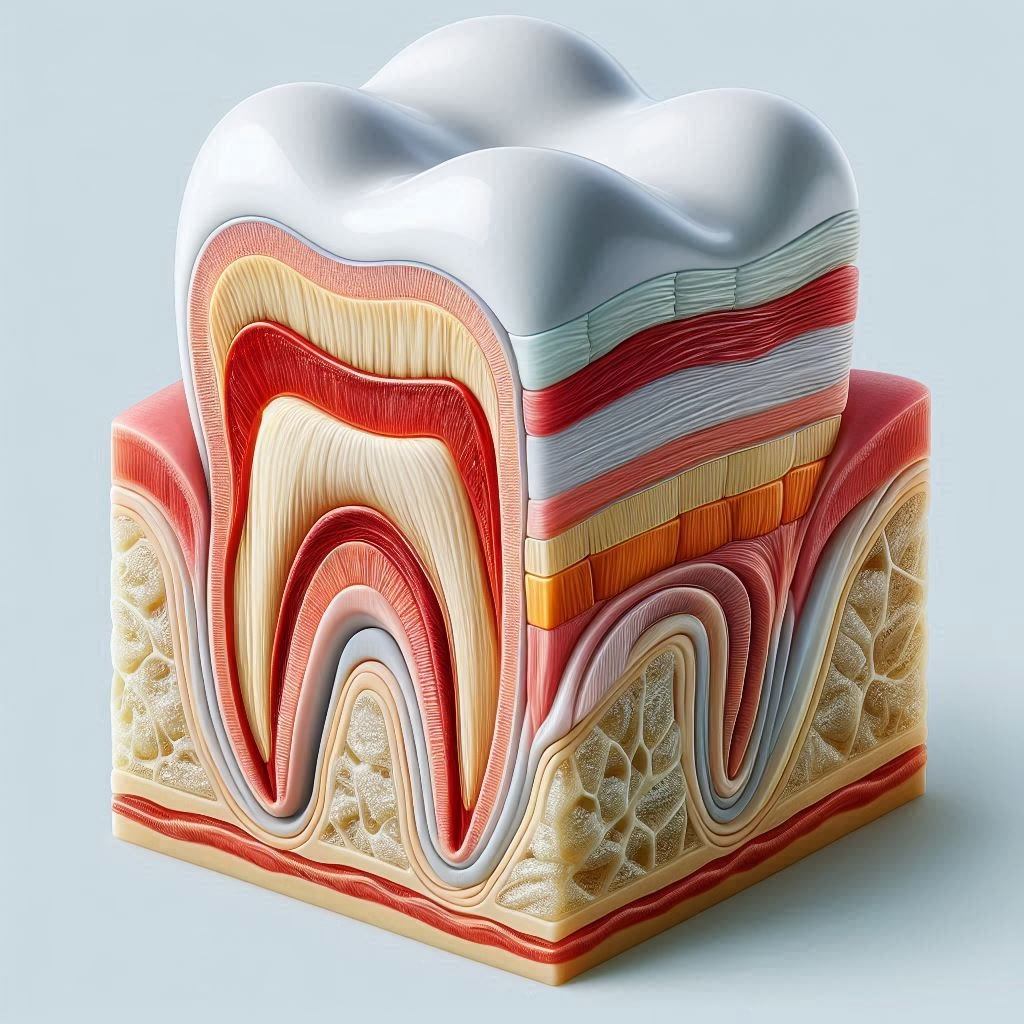E. coli could be a nasty little bacteria. Let’s dive into the world of these microscopic troublemakers and figure out what they’re all about.
What’s the Deal with E. coli?
E. coli, short for Escherichia coli (try saying that five times fast!), is a bacteria that usually hangs out in our intestines, minding its own business. Most of the time, it’s harmless – even helpful. But there are a few bad apples in the E. coli family that can turn your tummy into a war zone.
The most infamous troublemaker? E. coli O157:H7. This strain is like that one relative who shows up at family gatherings and causes chaos. It produces a toxin that can really do a number on your gut lining.
Symptoms: When Your Body Waves the Red Flag
So, how do you know if you’ve got an unwelcome E. coli visitor? Well, your body has some pretty clear ways of letting you know. Here’s what to watch out for:
- Diarrhea: And we’re not talking about your run-of-the-mill upset stomach. This can range from watery to downright bloody. Yikes!
- Stomach Cramps: These aren’t your average “I ate too much pizza” cramps. We’re talking about the “Is an alien trying to burst out of my abdomen?” kind of pain.
- Nausea and Vomiting: Because who doesn’t love a two-for-one digestive system special?
- Fever: Usually on the low side, but hey, your body’s trying to cook those bacteria!
- Fatigue: Fighting off invaders is hard work, no wonder you feel like taking a nap.
Here’s the kicker – these symptoms usually show up 3-4 days after you’ve been exposed to the bacteria. But don’t get too comfortable if you’re symptom-free after a day – it can take anywhere from 1 to 10 days for these little troublemakers to make their presence known.
When to Call in the Cavalry (aka Your Doctor)

Look, we all like to think we’re tough cookies who can handle a bit of tummy trouble. But sometimes, you’ve got to wave the white flag and call for backup. Here’s when you should pick up the phone and dial your doc:
- If your diarrhea lasts more than 3 days (because ain’t nobody got time for that)
- If you’re seeing red (and I mean that literally – blood in your stool is a no-go)
- If you’re running a fever over 102°F (your body’s saying “Help!”)
- If you’re tossing your cookies so much you can’t keep anything down
The Culprits: Where These Bacteria Hide
Now, you might be wondering, “How on earth did I pick up these uninvited guests?” Well, E. coli is sneaky. It can hitch a ride on all sorts of things:
- Undercooked ground beef (sorry, rare burger lovers)
- Unwashed veggies (yes, even that organic kale)
- Unpasteurized milk or juice (raw isn’t always better)
- Contaminated water (looking at you, sketchy water fountains)
And here’s a fun fact – you can even pick it up from swimming in contaminated water. So maybe think twice before gulping down a mouthful of pool water next time.
Treatment: Kicking E. coli to the Curb
Alright, so you’ve got E. coli. What now? Well, here’s the good news and the bad news.
The good news? Most healthy adults bounce back from E. coli within a week without any special treatment7. Your body’s pretty good at fighting these invaders on its own.
The bad news? There’s no magic pill to make it go away faster. Antibiotics aren’t usually recommended because they can actually make things worse in some cases.
So what can you do? Here’s the game plan:
- Rest: Give your body the energy it needs to fight off the infection.
- Hydrate: All that diarrhea can leave you seriously dehydrated. Water is your best friend right now.
- Avoid anti-diarrheal meds: I know, I know, but they can actually slow down your body’s process of getting rid of the bacteria.
- Eat light: Stick to easily digestible foods until you’re feeling better.
Prevention: Keeping E. coli at Bay
As the saying goes, an ounce of prevention is worth a pound of cure. So how do you keep E. coli from crashing your gut party in the first place?
- Cook your meat thoroughly: No more “medium rare” for ground beef, folks.
- Wash your produce: Give those fruits and veggies a good scrub before chowing down.
- Avoid unpasteurized products: Stick to pasteurized milk, juice, and cheese.
- Practice good hygiene: Wash those hands, especially after using the bathroom or handling raw meat.
The Bottom Line
E. coli might be a tiny organism, but it can pack a mighty punch. By knowing the symptoms, understanding when to seek help, and taking steps to prevent infection, you can keep your gut happy and healthy. Remember, your body is pretty amazing at fighting off these invaders, but sometimes it needs a little help. So listen to your gut (literally), and don’t hesitate to call in the pros if things get out of hand. Here’s to happy, healthy tummies!







